Tough coalition talks in Romania
Tough coalition talks to form a new government are expected in Romania after Sunday's inconclusive elections.
Tuesday, 02.12.2008.
12:36

Tough coalition talks to form a new government are expected in Romania after Sunday's inconclusive elections. With all the votes counted, rival opposition Social Democrats and Liberal Democrats were less than 1 percent apart, each securing about a third of the vote. Tough coalition talks in Romania The ruling National Liberals (PNL) polled only 19 percent but could play a key role in the political horse-trading. It was the first general election since Romania joined the European Union at the beginning of last year. Final official results are expected to be announced by the end of the week. "Coalition scenarios" The ex-communist Social Democratic Party (PSD) won 33 percent of the vote for the lower house of the parliament, and 34 percent for the Senate. The centrist Liberal Democrats (PDL), who have the support of President Traian Basescu, secured 32 percent and and 34 percent respectively. "We will form a government with our prime minister," PSD leader Mircea Geoana said after the polls. But the PDL also stated its plans to play the lead role in forming the new cabinet. President Basescu said before the election that he would prefer a center-right government. Squabbles between the PDL and the PNL, which is led by Prime Minister Calin Popescu Tariceanu, wrecked their coalition in 2007. Since then Popescu Tariceanu's minority government has been tacitly supported in parliament by the PSD and the ethnic Hungarian party (UDMR), which will also be represented in the new parliament with 6 percent of the vote. If the PDL and PNL manage to heal rifts, Romania could have a centrist government, experts say. However, they say the PSD will also be trying to woo the prime minister's party with an offer of its own. They also say that a grand coalition - including politicians from all the main parties - is possible if the three main players refuse to show political flexibility during the negotiations. President Basescu is not obliged by law to nominate a prime minister from the winning party. He proposes a candidate, and parliament then votes on whether to validate his choice. Some 18m voters cast votes for both chambers of the 452-strong parliament on Sunday. Officials said turnout was just under 40 percent.
Tough coalition talks in Romania
The ruling National Liberals (PNL) polled only 19 percent but could play a key role in the political horse-trading.It was the first general election since Romania joined the European Union at the beginning of last year.
Final official results are expected to be announced by the end of the week.
"Coalition scenarios"
The ex-communist Social Democratic Party (PSD) won 33 percent of the vote for the lower house of the parliament, and 34 percent for the Senate.The centrist Liberal Democrats (PDL), who have the support of President Traian Basescu, secured 32 percent and and 34 percent respectively.
"We will form a government with our prime minister," PSD leader Mircea Geoana said after the polls.
But the PDL also stated its plans to play the lead role in forming the new cabinet.
President Basescu said before the election that he would prefer a center-right government.
Squabbles between the PDL and the PNL, which is led by Prime Minister Calin Popescu Tariceanu, wrecked their coalition in 2007.
Since then Popescu Tariceanu's minority government has been tacitly supported in parliament by the PSD and the ethnic Hungarian party (UDMR), which will also be represented in the new parliament with 6 percent of the vote.
If the PDL and PNL manage to heal rifts, Romania could have a centrist government, experts say.
However, they say the PSD will also be trying to woo the prime minister's party with an offer of its own.
They also say that a grand coalition - including politicians from all the main parties - is possible if the three main players refuse to show political flexibility during the negotiations.
President Basescu is not obliged by law to nominate a prime minister from the winning party. He proposes a candidate, and parliament then votes on whether to validate his choice.
Some 18m voters cast votes for both chambers of the 452-strong parliament on Sunday.
Officials said turnout was just under 40 percent.











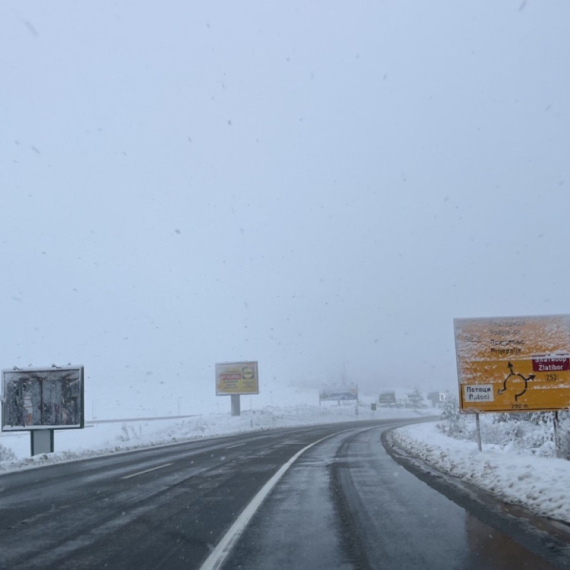

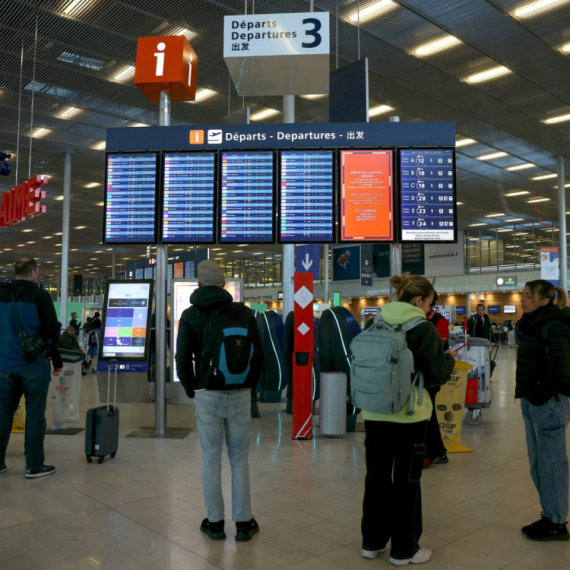

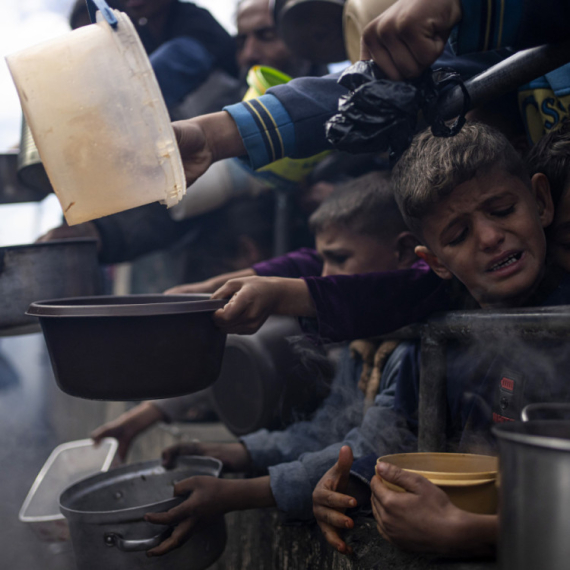

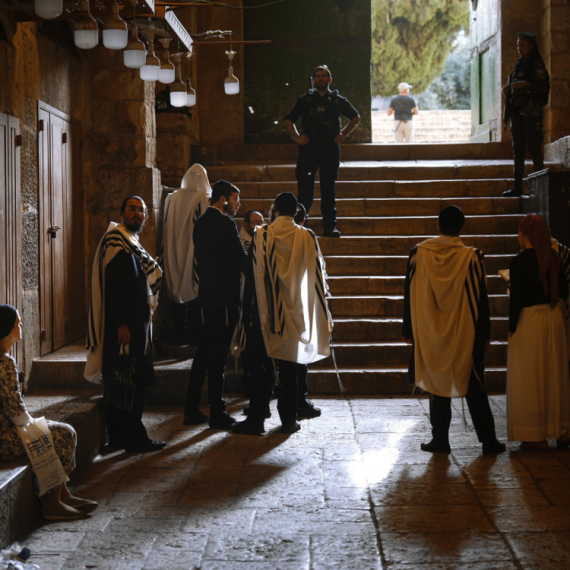
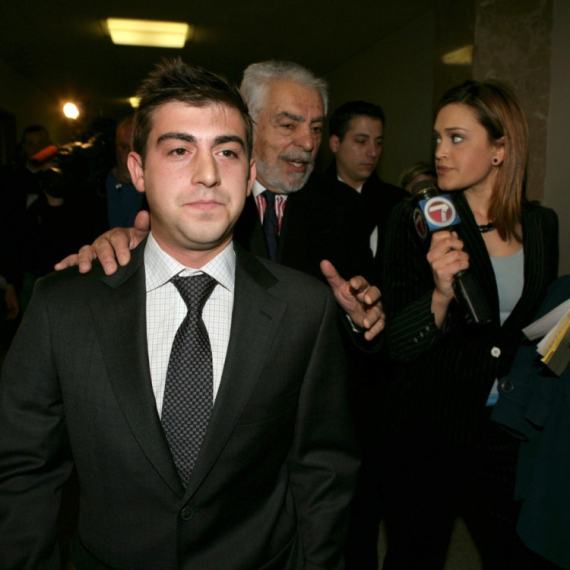
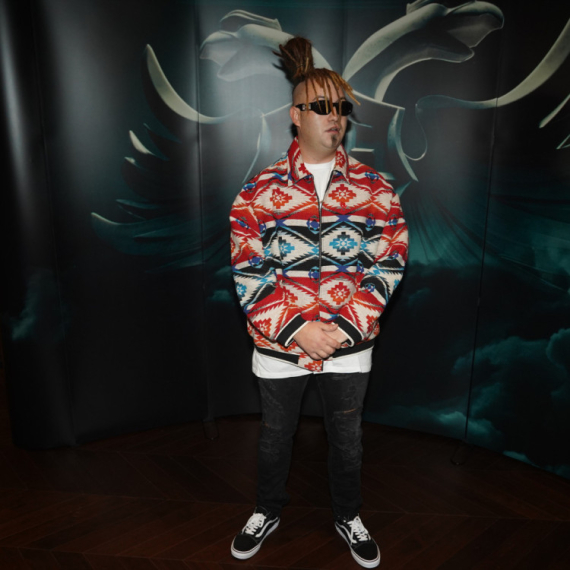





























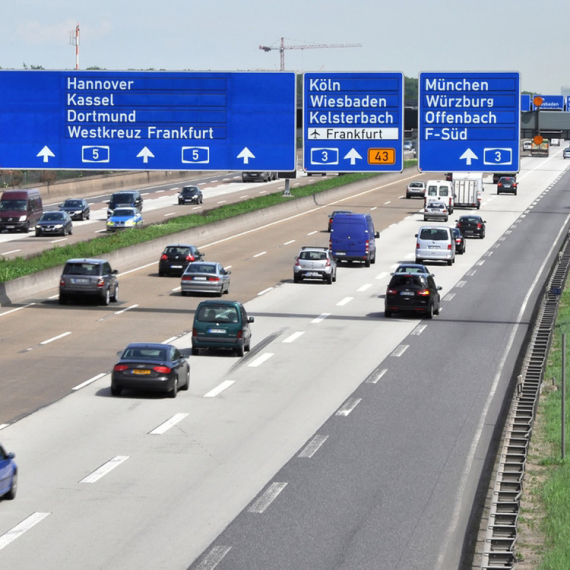




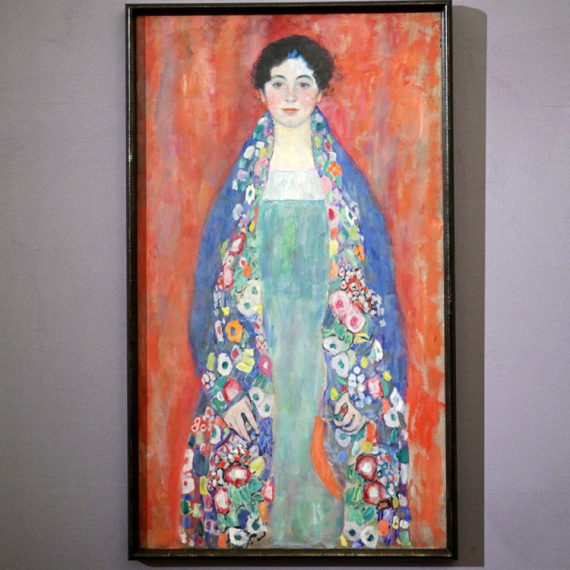
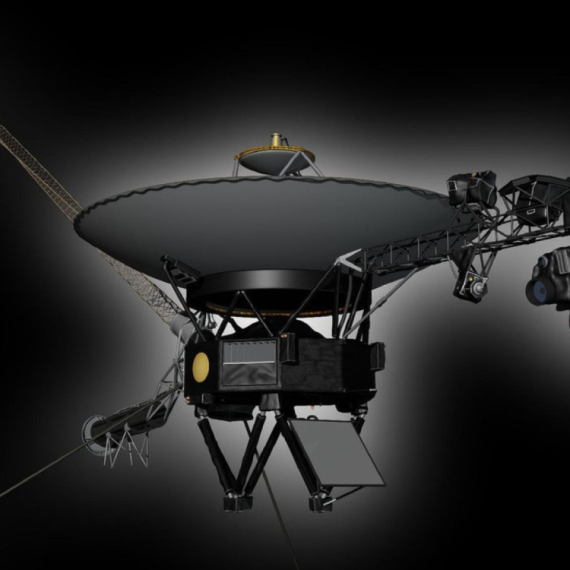


Komentari 0